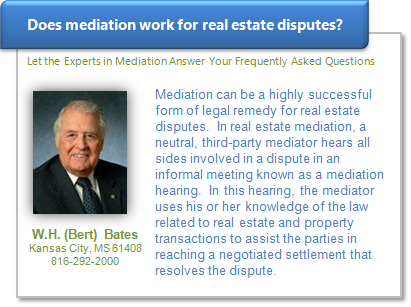 The July/August issue of Law Practice magazine (Volume 36, Number 4) ran an article entitled “Are You At Risk? The Biggest Malpractice Claims Risks and How to Avoid Them,” showing the most common types of malpractice claims in both Canada and the United States. Among these, the ten top-ranking malpractice claims related to the practice of law in the United States are as follows:
The July/August issue of Law Practice magazine (Volume 36, Number 4) ran an article entitled “Are You At Risk? The Biggest Malpractice Claims Risks and How to Avoid Them,” showing the most common types of malpractice claims in both Canada and the United States. Among these, the ten top-ranking malpractice claims related to the practice of law in the United States are as follows:
- Failure to Know/Apply Law 11.3% of U.S. malpractice claims
- Planning Error 8.9% of U.S. malpractice claims
- Inadequate Discovery/Investigation 8.8% of U.S. malpractice claims
- Failure to File Documents 8.6% of U.S. malpractice claims
- Failure to Calendar 6.7% of U.S. malpractice claims
- Failure to Know Deadline 6.6% of U.S. malpractice claims
- Procrastination 5.9% of U.S. malpractice claims
- Failure to Obtain Client Consent 5.4% of U.S. malpractice claims
- Conflict of Interest 5.3% of U.S. malpractice claims
- Fraud 5.0% of U.S. malpractice claims
Despite the prevalence of these top ten malpractice claims, professional malpractice mediation has been shown to have a significant effect on reducing costs related to professional malpractice lawsuits. Additionally, mediating these types of disputes helps to lower the reputational costs of a law practice associated with litigation in these areas. This means that in addition to saving time and money by mediating the claim rather than litigating it, attorneys can also save the reputation of their practice by mediating such claims.
The reason for this is that mediation is a confidential process, as opposed to the very public process of going to court and going through the process of litigation. When a case is mediated, the specifics (and even the claim, itself) is kept between the parties involved in the dispute and the mediator, who remains a neutral, third-party facilitator to the process of working out a satisfactory resolution and remedy to the conflict.






